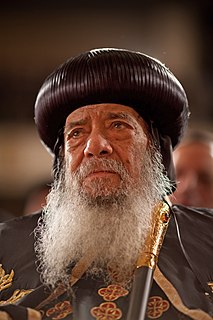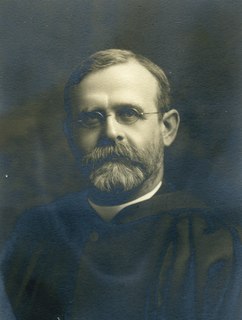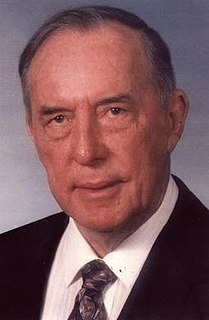A Quote by Saint John Chrysostom
Fasting of the body is food for the soul.
Quote Topics
Related Quotes
Fasting is not bodily hunger but bodily elevation and purity. It is not a body that hungers and longs for food, but a body that rids itself of the desire to eat. Fasting is a time when the soul flourishes and lifts the body up with it. It rids the body of its loads and burdens and lifts it up so that God may work with it without impediment to the happiness of the spiritual entity.
Fasting, as some people speculate, is not a bodily torture, martyrdom, or a cross, but it is a way to elevate the body to reach the level of cooperation with the soul. When we fast, our intention is not to torture the body but to shun its behaviour. Thus, one who fasts becomes a spiritual and not a physical person. Fasting is an ascetic soul which takes the body with it as its partner in asceticism.
Yes, fasting is not merely a commandment from God but a godly gift, a grace and a blessing. God the creator of our body and soul knows of our need to fast for its benefit for our spiritual life, development and our eternity. He granted us the knowledge and manner of fasting. As a kind Father and a wise Teacher, He has recommended fasting for us.
If there was ever a food that had politics behind it, it is soul food. Soul food became a symbol of the black power movement in the late 1960s. Chef Marcus Samuelsson, with his soul food restaurant Red Rooster in Harlem, is very clear about what soul food represents. It is a food of memory, a food of labor.
Fasting with a pure heart and motives, I have discovered, brings personal revival and adds power to our prayers. Personal revival occurs because fasting is an act of humility. Fasting gives opportunity for deeper humility as we recognize our sins, repent, receive God's forgiveness, and experience His cleansing of our soul and spirit. Fasting also demonstrates our love for God and our full confidence in His faithfulness.
Therapeutic fasting is not a mystical or magical cure. It works because the body has within it the capacity to heal when the obstacles to healing are removed. Health is the normal state. Most chronic disease is the inevitable consequence of living a life-style that places disease-causing stressors on the human organism. Fasting gives the body an interlude without those stressors so that it can speedily repair or accomplish healing that could not otherwise occur in the feeding state.

































